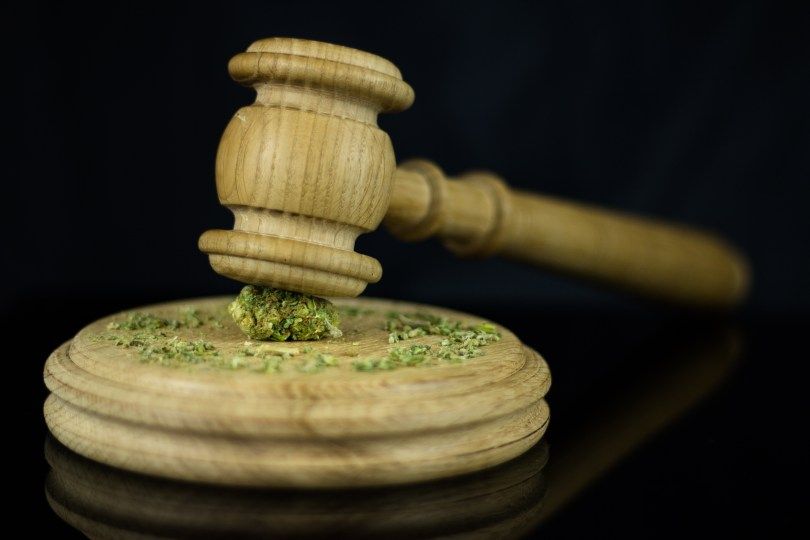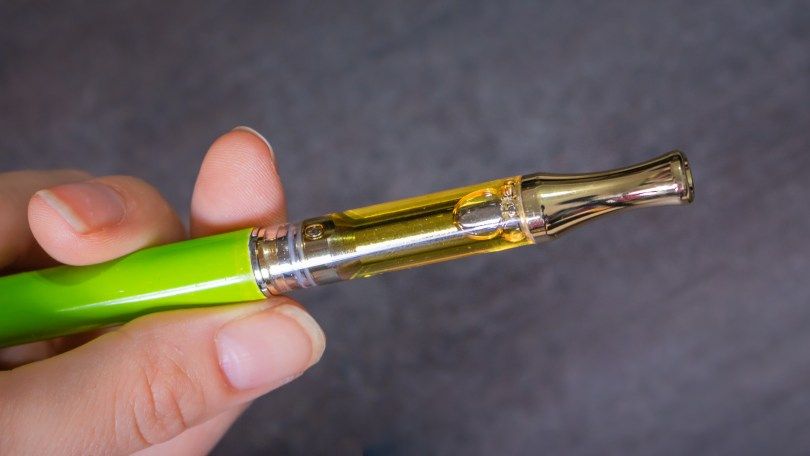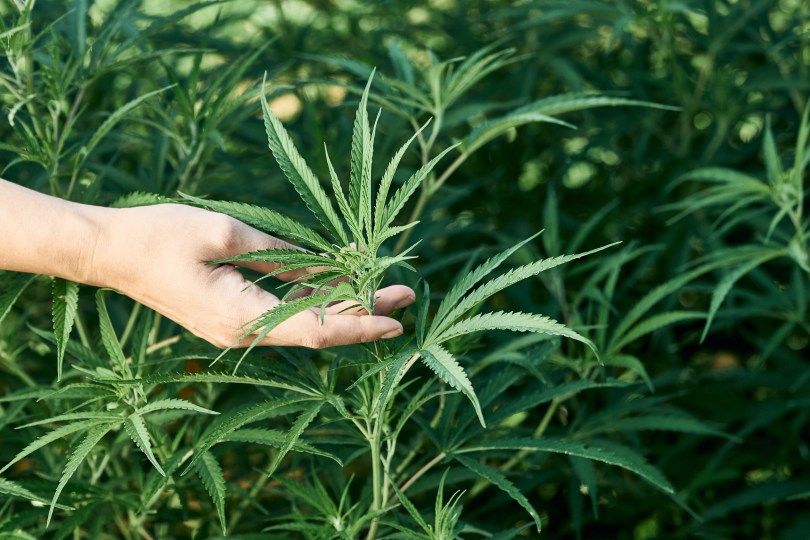Texas House Approves Psychedelics Research Bill As Marijuana Reform Measures Also Advance
The Texas House of Representatives on Thursday approved to a bill that would require the state to conduct a study into the therapeutic potential of psychedelics like psilocybin and MDMA. This comes as numerous marijuana reform measures move through the legislature.
The legislation, sponsored by Rep. Alex Dominguez (D), passed by a vote of 134-12. It had advanced on second reading via a voice vote a day earlier. It now heads to the Senate.
The House Public Health Committee passed the bill with amendments last week. Members revised the measure to limit the scope of the state-funded study to focus on military veterans with post-traumatic stress disorder (PTSD), rather than a broader list of conditions attached to the initial bill.
“We lose about 6,000 veterans every year—and since 2001, we have lost 114,000 of our veterans to PTSD and suicide,” Dominguez said on the floor before the second reading vote.
The legislation will do something that’s “sorely needed, and that’s taking a fresh look at what we can do to save the lives of our servicemen and women that have given their lives to this country,” he said. “We can make a difference, and we can send a message to Washington that they need to be doing more.”
The bill would require the state to study the medical risks and benefits of psilocybin, MDMA and ketamine for veterans in partnership with Baylor College of Medicine and a military-focused medical center. It was also amended to mandate a clinical trial into psilocybin for veterans with PTSD, in addition to a broader review of the scientific literature on all three substances.
The Health and Human Services Commission would have to submit quarterly reports on their progress, with a full report on the panel’s findings be due by December 2024.
Former Gov. Rick Perry (R), who also served as U.S. energy secretary, has called on lawmakers to approve the psychedelics legislation.
This is the latest drug policy reform bill to move through the legislature this session.
Last week, the House approved a bill to decriminalize marijuana possession, sending it to the Senate. It would make possession of up to one ounce of cannabis a class C misdemeanor that does not come with the threat of jail time.
Texas lawmakers have also recently passed proposals to expand the state’s medical marijuana program and reduce penalties for possessing cannabis concentrates.
The House approved a cannabis decriminalization bill in 2019, but it did not advance in the Senate that session.
Lawmakers last week also sent Gov. Greg Abbott (R) a bill to clarify that a positive marijuana test alone is not sufficient criteria for removing a child from their home.
On Tuesday, the House approved legislation that would make certain changes to the state’s hemp program, including imposing rules related to the transportation and testing of consumable hemp products.
But most of these proposals face an uphill battle in the Senate, where it remains to be seen whether legislators will have the same appetite for reform or what kind of changes they might push for in any particular bill. Lt. Gov. Dan Patrick (R), who presides over the Senate, has killed prior efforts to enact cannabis reform in the state, raising questions about the prospects of far-reaching changes advancing in the chamber.
For example, shortly after the House approved a decriminalization bill in 2019, Patrick declared the measure “dead in the Texas Senate,” stating that he sides with lawmakers “who oppose this step toward legalization of marijuana.”
That same year, a spokesperson for the lieutenant governor was asked about a medical cannabis expansion bill and reiterated that he is “strongly opposed to weakening any laws against marijuana [and] remains wary of the various medicinal use proposals that could become a vehicle for expanding access to this drug.”
That’s all to say that, unless Patrick has a change of heart on the issue, there’s still a risk that he could singlehandedly quash the reform measures. But other legislative leaders do seem to be warming on the policy.
House Speaker Dade Phelan (R) said during a Texas Young Republicans event in March that while he wouldn’t be able to distinguish marijuana from oregano, he said, “I understand the issue.”
The speaker said that he voted for a limited medical cannabis legalization bill during his freshman year in the legislature, and his support for the reform is partly based on the fact that he has a “sister with severe epilepsy, and small amounts of CBD oil makes a big difference in people’s lives.”
Phelan also noted that he was a “joint author—no pun intended” of cannabis decriminalization legislation last session.
“I was able to go back home and explain it, and it wasn’t a big deal,” he said. “To me, it’s a reasonable criminal justice reform issue.”
Texans’ support for legalizing marijuana has grown significantly over the past decade, according to a poll released last month.
Sixty percent of state voters now back making cannabis legal “for any use,” the University of Texas and Texas Tribune survey found. That compares to just 42 percent who said the same back in 2010.
And while Patrick’s record on the issue is a source of concern for advocates, he and other legislative leaders have recently indicated that they anticipate more modest proposals to be taken up and potentially approved this session, particularly as it concerns expanding the state’s limited medical cannabis program.
Patrick said flatly, “sure, that will be looked at this session” when asked about the prospect of expanding access to medical marijuana in January.
“We’re always listening on the health issues, but we’re not going to turn this into California,” he said, “where anybody can get a slip from the doctor and go down to some retail store and say, ‘You know, I got a headache today so I need marijuana,’ because that’s just a veil for legalizing it for recreational use.”
Phelan said he thinks “the House will look at” reform measures this year, including bills to legalize for adult use. He said the lawmakers will likely “review those again, and some will get traction, some will not.” However, the Senate remains an obstacle for comprehensive reform.
Legislators in the state prefiled more than a dozen pieces of cannabis legislation ahead of the new session. That includes bills that would legalize recreational marijuana, allow high-THC cannabis for medical use and decriminalize low-level possession of marijuana.




